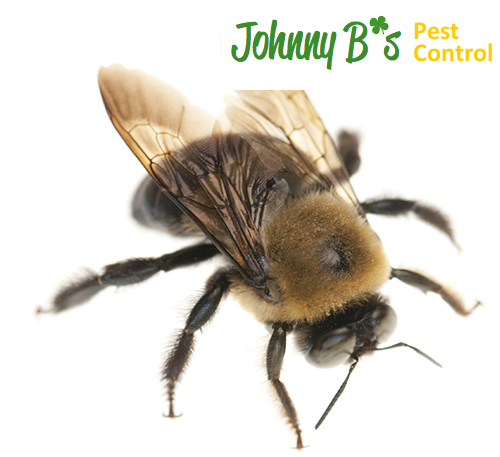Generally, people do not place much importance on insect rights, nor do people make a point to exercise compassion toward insect life. For the most part, insects are those organisms that we step on several times a day without a second thought. Many people’s ill-treatment of insects extends far beyond a passive disregard for their lives. For example, when an undesirable insect is found within a home, like a cockroach, most people would not think twice about killing the poor little insect. Of course, humans do not treat all insects as equals, as most people would be more hesitant to kill a butterfly than a cockroach. When it comes to bees, there is probably not another type of insect that is more worth saving. Obviously, bees are of great benefit to humans as they pollinate important plants and crops, and humans also get some honey out of the deal. Then again, bees are also known for causing painful stings, and this is why many people do not possess a sympathetic attitude toward bees. However, one woman has recently demonstrated a rare sort of compassion toward bees.
Humans and bees share a mutually beneficial relationship, which is one of the many reasons as to why Fiona Presley went out of her way to save one single bee in need of assistance. Last spring, Presley encountered a bee while working in her garden in Scotland. Presley noticed that the bee was wingless; this bee lost its wings due to a common virus that stunts a bee’s wing development. Since the bee was stranded, and therefore easy taking for predators, Presley took the bee into her home in order to save it from an unpleasant death. The bee was likely grateful to Presley for her compassionate act, as the bee quickly developed what seemed like friendly rapport with Presley. The bee even lived beyond its typical life expectancy as a result of the care that Presley provided. Although Presley’s bee-saving experience became a tale of compassion between human and insect, Presley has advised others from doing the same, as her experience is not typical, and bees can be dangerous to humans.
Have you ever felt compelled to save a needy insect from its hostile environment?

